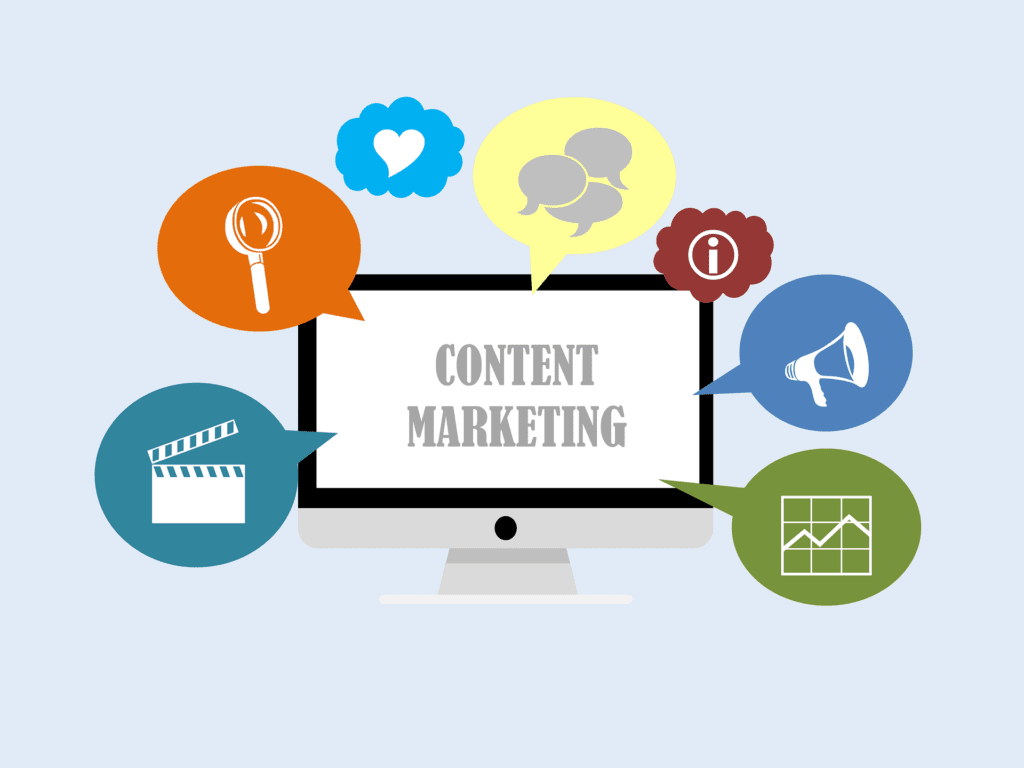
Content marketing is important as it plays important part in building trust and that inevitably leads to conversions.
Like most other digital marketing techniques, content marketing is not something where you can jump into blindly. Rather you need some strategy so that content marketing will be effective and less challenging.
So lets discuss in detail:
Why do we need a content marketing strategy
- Content marketing strategy helps in setting up priorities and your marketing goals. Writing content aimlessly will end up in creating lot of contents which may not match your target market. It ensures that you plan your work and reach your goals.
- It is important to have a strong brand identity to differentiate yourself from the masses and to have a strong brand identity you should have a good strategy. A content marketing strategy will ensure that you have a strong band awareness and you are in the right direction.
- When you work without any strategy, then creating and distributing content can be costly. Content marketing strategy defines how much money should be spent in each project and thereby helps in finding ways to cut cost.
- Content marketing costs less than traditional marketing and generates three times more leads. Small businesses compete with larger ones as long they have a good strategy. As the productivity increases while spending less money and time, this in turn help you see a high ROI(Return on investment).
What is a content marketing strategy
Content marketing strategy is a plan focussed on creating, distributing and sharing valuable and consistent content(audio, visual or written). This will ultimately attract your target audience and keep them engaged. Content marketing strategy analyses the different ways content marketing can be used across the customer life cycle.
Elements of content marketing strategy
- High level documented content goals
Before launching content marketing campaign you should have well defined goals. Having a clearly defined goals will make you focussed, keep you motivated and will result in getting the desired outcome.
Content goals can range from increasing brand awareness, acquire more customers, expand into new markets, grow and nurture the network of affiliates, to customer research and development.
- Having a clearly defined audience
Before defining your content marketing strategy, you should have target audience. Just trying to find audience who are interested in your niche is not enough rather you should focus on a specific group of people.
Targeting a niche market will help you to keep up with your competitors. This will help you in reaching potential clients and generate business more efficiently.
After deciding on your target niche market, the next step is to get into the minds of your potential customer and figuring out their content needs. At every turn, your goal is to learn more about who they are, where they’re coming from, where they’re going, and what type of help they need to get there.
- Create a good keyword strategy
One of the most important part of digital marketing strategy is keyword and SEO.
For you content to be displayed in organic search, being strategic about which keywords you’re targeting in your content is important.
There are a variety of free and paid tools you can use for this. Focus on keywords that are most relevant to your market and at the top of your customers’ minds.
Short-tail keywords are one to two words, which makes them highly competitive. Long-tail keywords are multi-word phrases, which are more specific and targeted.
Once you made a list of keywords, you can incorporate them into your content marketing plan.
- Content Objectives
Creating meaningful and engaging content can take some effort, but that’s why creating a strategy is important for planning what kind of content you’re going to make.
Consistent valuable content is a key factor that Google looks for and it also gives your audience, your leads, and your customers new valuable content delivered to their inboxes and/or social media feeds on a regular basis.
- Promotion and Distribution
Content distribution includes sharing it on whichever social media platforms you have like twitter, facebook,instagram,etc , emailing it to subscribers and customers, and posting on your website.
